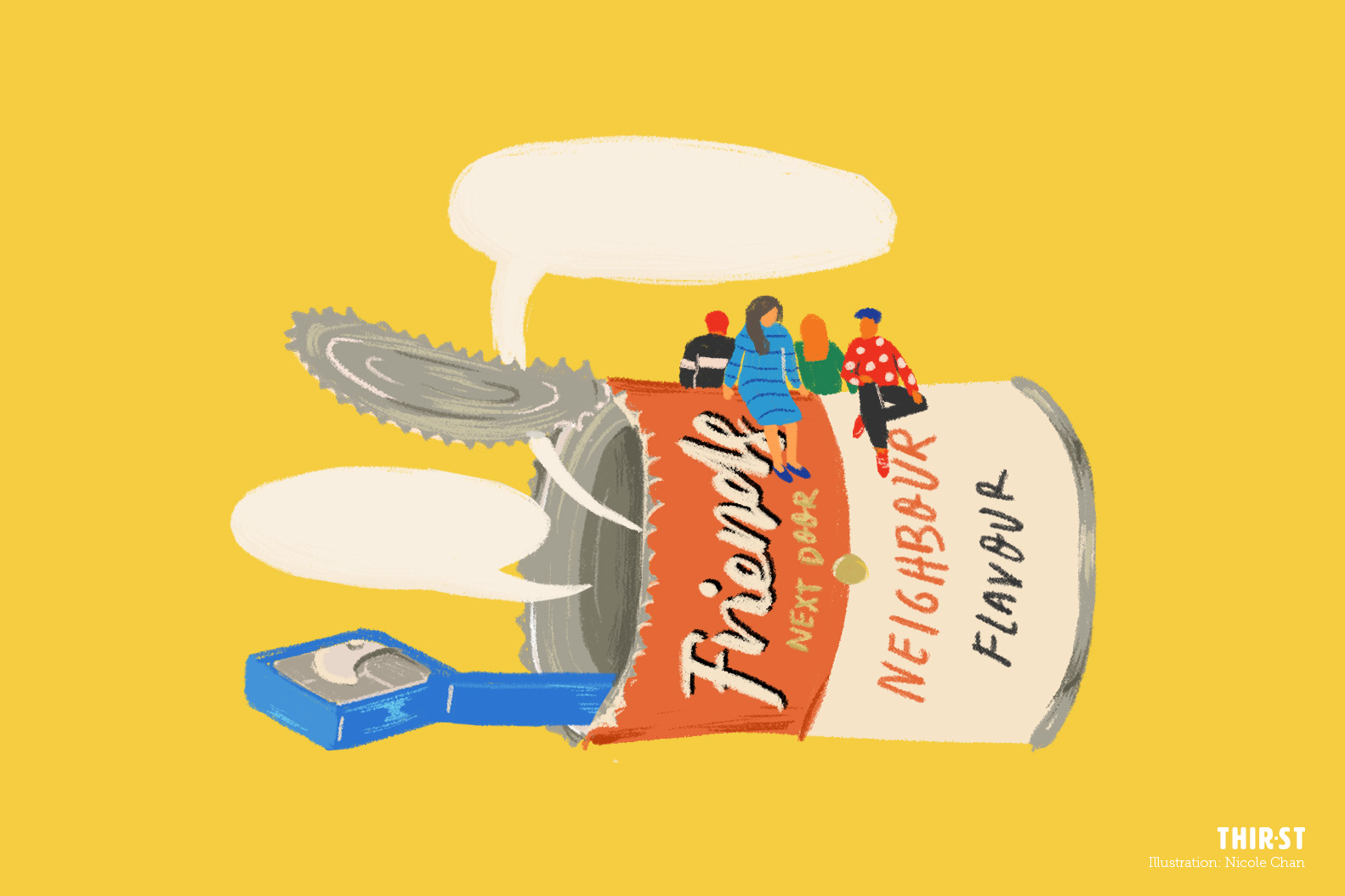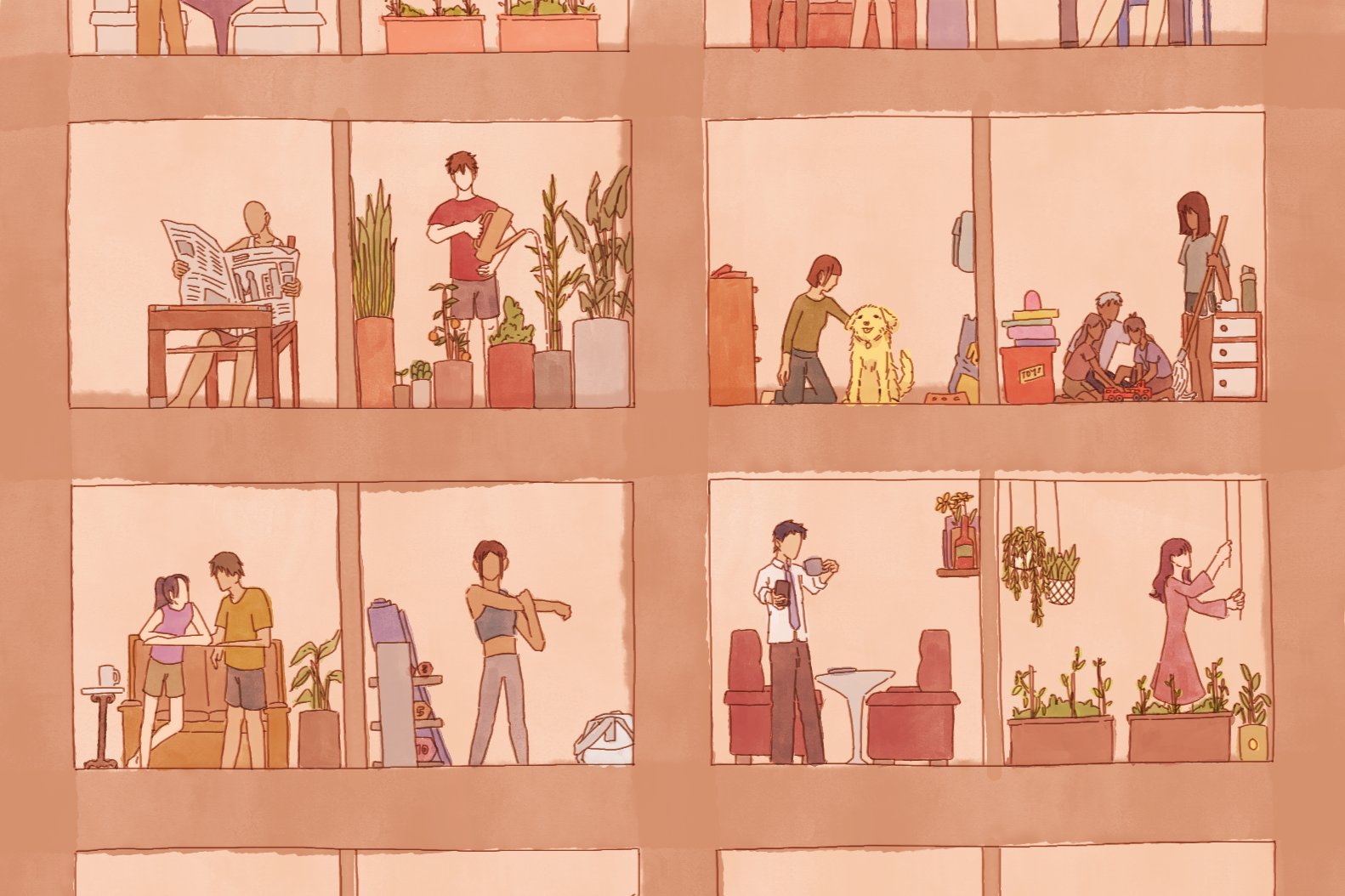It was July 2017, and my newly wedded wife and I had just moved into our new home.
Building a home was such a surreal experience. From finally learning how to keep a household in order and developing shared routines, to deciding on even the small things like our silverware, to the design of our tissue boxes.
These were decisions that neither of us encountered growing up. We decided to take our discussions about them seriously, of course.
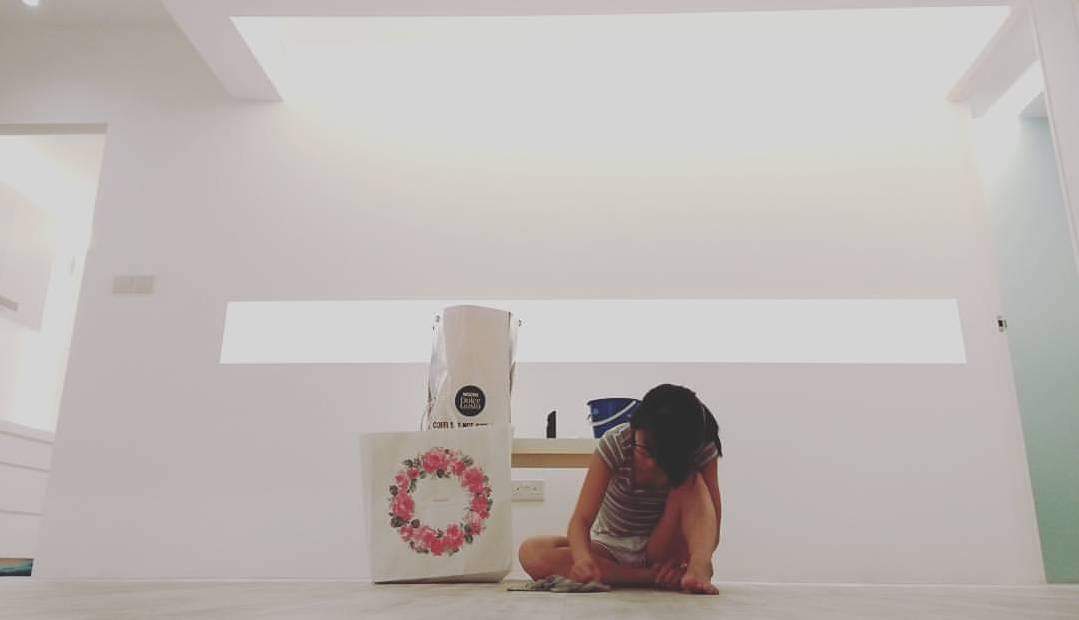
There was one particular item that came into question: the can opener. Almost every household has one, and it seemed like a no-brainer that we should have gotten one for ourselves. We shopped around and discovered that a decent opener would cost around $8, while a high-end one was $25.
But I was not convinced we needed one – most products today are made to “pop open” right? Also, we were really fatigued from making all those previous decisions. So we thought we would put off buying the can opener for the time being.
AN UNLIKELY CONVERSATION OPENER
As a new family, we wanted to try to be one that cooked regularly. We loved trying new dishes and varying cuisines, from home-cooked Chinese meals to pasta. That’s when we quickly realised that for some common ingredients, we needed a can opener.
The first time this problem arose, I swung by my neighbours, knocked on their door and sheepishly asked if I could borrow their can opener. Despite the awkward conversation and slightly suspicious look on her face, my neighbour went into her kitchen and came out with a blue, well-used looking can opener.
I headed home to continue with the cooking, finished preparing dinner with extras and carried a piping hot meal to their home – along with their can opener. We ended up doing this around four to six times a month.
During those moments, we started sharing our stories with one another; they were a family that had four generations all living together under one roof. They loved going to Malaysia for holidays and purchasing lots of horticulture for the corridor garden they absolutely adored.
More than just food, I would also help out with their kid’s English homework. We talked about our personal experiences and shared our faith with one another. Once, I even brought their son along to Wild Wild Wet with my Sunday School kids!
This went on for a few months. Slowly, we saw no need to buy a can opener at all.
THE CAN OPENER I NEVER ASKED FOR
Of course, with every new home, it’s customary to invite your parents and in-laws over for dinner. This is when they will check in on how you are running your household, and offer help or suggestions on how to do things better.
My wife and I didn’t think too much about it initially. Until one day, as we were preparing a meal while our parents were over, it finally came to their attention that we did not have the one key equipment any sensible kitchen would have.
There was a dramatic “uh oh” pause, followed by a very strong reaction: “How can you operate a household like that? It’s very diu lian (丢脸 or embarrassing) to keep bothering your neighbour over such a trivial item!”
We stood there feeling like kids who had just been scolded for a careless mistake in our homework. Within a week, our parents came by and gave us a brand-new can opener.
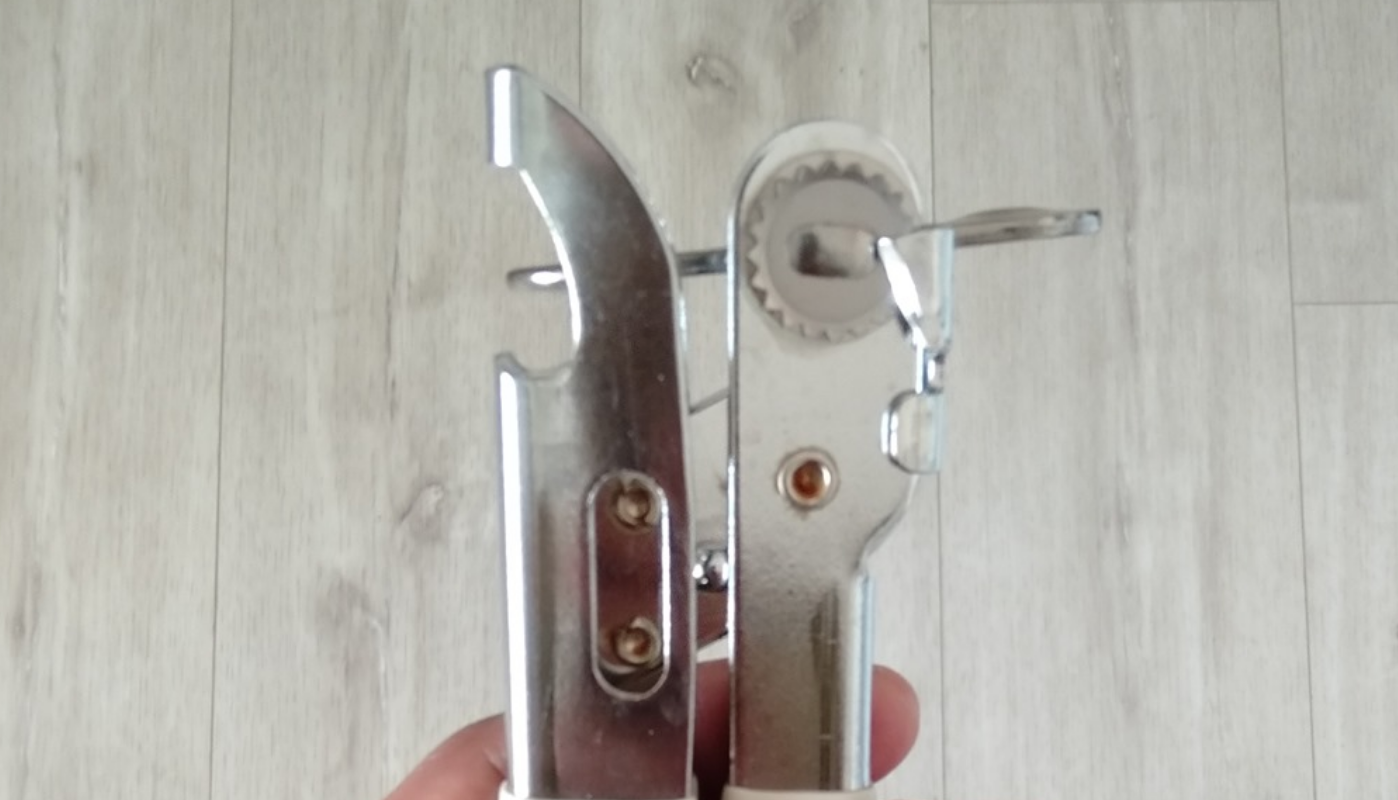
As I stood there holding my new can opener, I felt a strange sense of loss. It felt like someone had taken away my reason to connect with our neighbour.
Don’t get me wrong, I loved this gesture on the part of our parents. But I wondered for a moment if it was really necessary for every family to start with everything they need.
Our home start was certainly messy, and we needed a lot of help. But our first year of managing our home was punctuated with the support of neighbours who would offer help the moment they saw us struggle. As we grew familiar with those living next door, we were able to offer help whenever they needed as well.
We learnt that such practices produce trust and interdependency. Basic economics would suggest that it is more worthwhile for four families to co-share one can opener since we use it less than 10 times a month.
When we share, we eventually save more and use less, which is better for the environment and the kind of relationships we are building with one another.
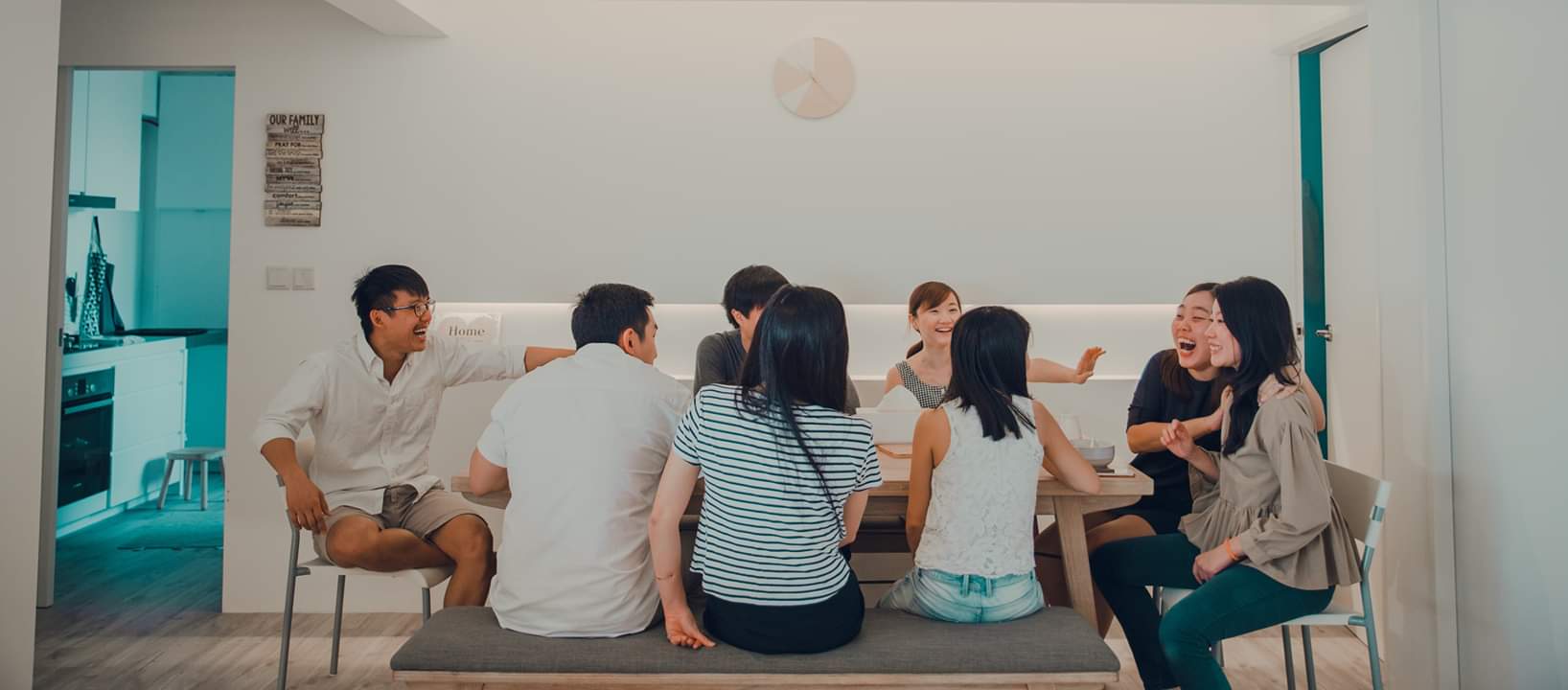
For how long have we been indoctrinated with the idea of “managing ourselves” well? What if we didn’t focus on getting things “right”, but on what is meaningful for the collective good of everyone else?
WE CAN BUILD COMMUNITY
These were some observations I made in hindsight from the last two years of living in my new home. It took us time and openness to collectively work on the kind of community we wanted. We certainly could not have done it without the same time and openness our neighbours offered to us.
Self-sufficiency can rob us of meaningful relationships that only interdependency can offer.
Some obviously took more time than others, but in the end, we managed to find the right amount of grace it took for one another. I’m thankful for the work we have put in as a community. I pray that every community finds that same amount of beauty in community and the grace to pursue it.
Today, my neighbours and I share various cuisines with one another – there’s been Chinese jian bing (pancake), Punjabi curries and even fusion foods from millennial folk like us. These moments have brought interesting and valuable memories that we’ll never trade for anything else.
Self-sufficiency may be the responsible thing to aim for, but when left unchecked, self-sufficiency can rob us of meaningful relationships that only interdependency can offer.
“Though one may be overpowered, two can defend themselves. A cord of three strands is not quickly broken.” (Ecclesiastes 4:12)
I hope we never forget that we need one another, whether we’re related by blood or not. It’s the very foundation of my identity as a Christian and a Singaporean. To love and cherish one another, to learn to disagree honourably, and yet offer gratitude and graciousness when necessary.
This article was adapted from a post on Kenneth’s Facebook page and republished with permission.
- Are you friends with your neighbours? Why or why not?
- What are some ways you could start simple conversations with them?
- Why is it important to love the people living around you?
- How can you love them better in the days to come?


